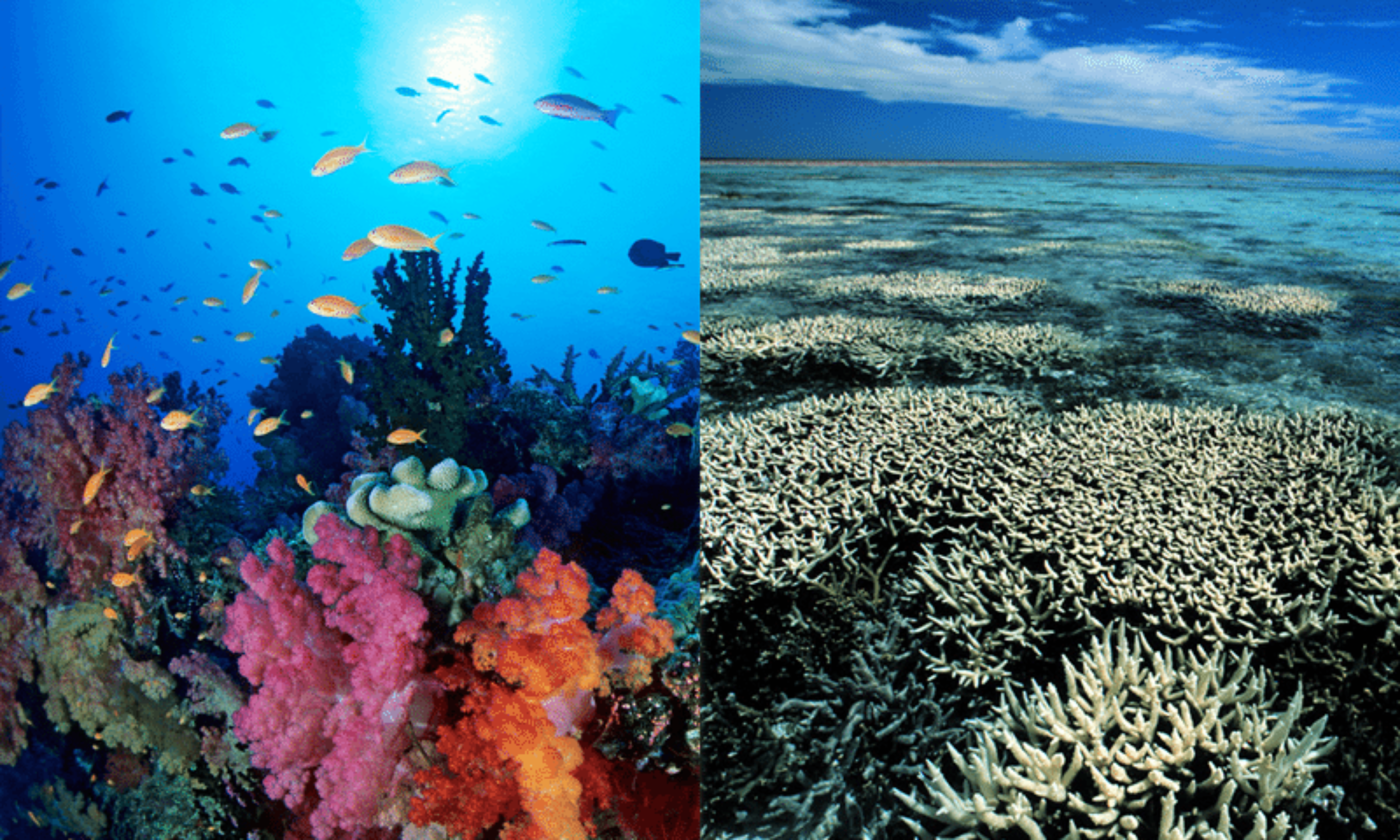A topic in environmentalism that I find very fascinating and which I believe does not receive enough attention is climate injustice. At first I simply thought of climate change as something that affects us all, which it clearly does, but I never thought about how it affects some of us more than others. I began to see this in a district in my hometown called Bayview, which is also known as “one of the worst environmental injustice in California history”.
The area originally became populated during racial segregation where African-Americans were evicted from other parts of the city. Today Bayview still has the highest population of African-Americans and the most people living below the poverty line in the city.
Considering all these factors, it is unfortunately expected that the neighborhood would face several environmental injustices. It houses a sewage facility and is surrounded by several highways which carry toxic fumes. Perhaps the most notable is that the neighborhood was formerly a site to decontaminate military equipment that had been exposed to radiation. The byproducts of this went into the soil in the neighborhood. Due to this, parts of Bayview have officially been considered toxic to human health by the EPA, but there have been no successful efforts to clean up the neighborhood despite loud calls to action by the residents.
Living in a different part of the city, I had always been aware that Bayview existed but was always told to stay away from there for my own health. It seems as though everyone in the city is ignoring the neighborhood and its needs. In order to change situations like this which are all too common there must be less silencing of effected citizens and more government accountability.
Reference: https://www.sfchronicle.com/opinion/openforum/article/Hunters-Point-is-a-textbook-case-of-environmental-12917354.php#photo-15426943
